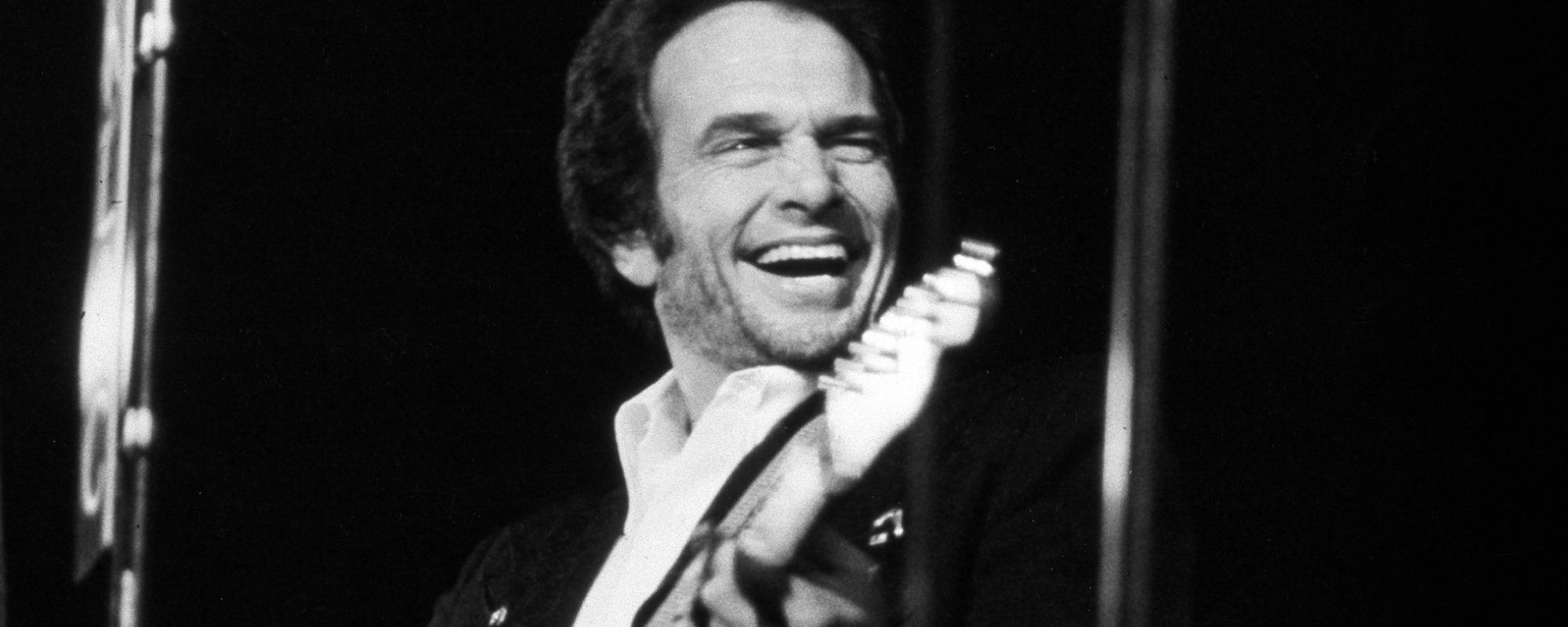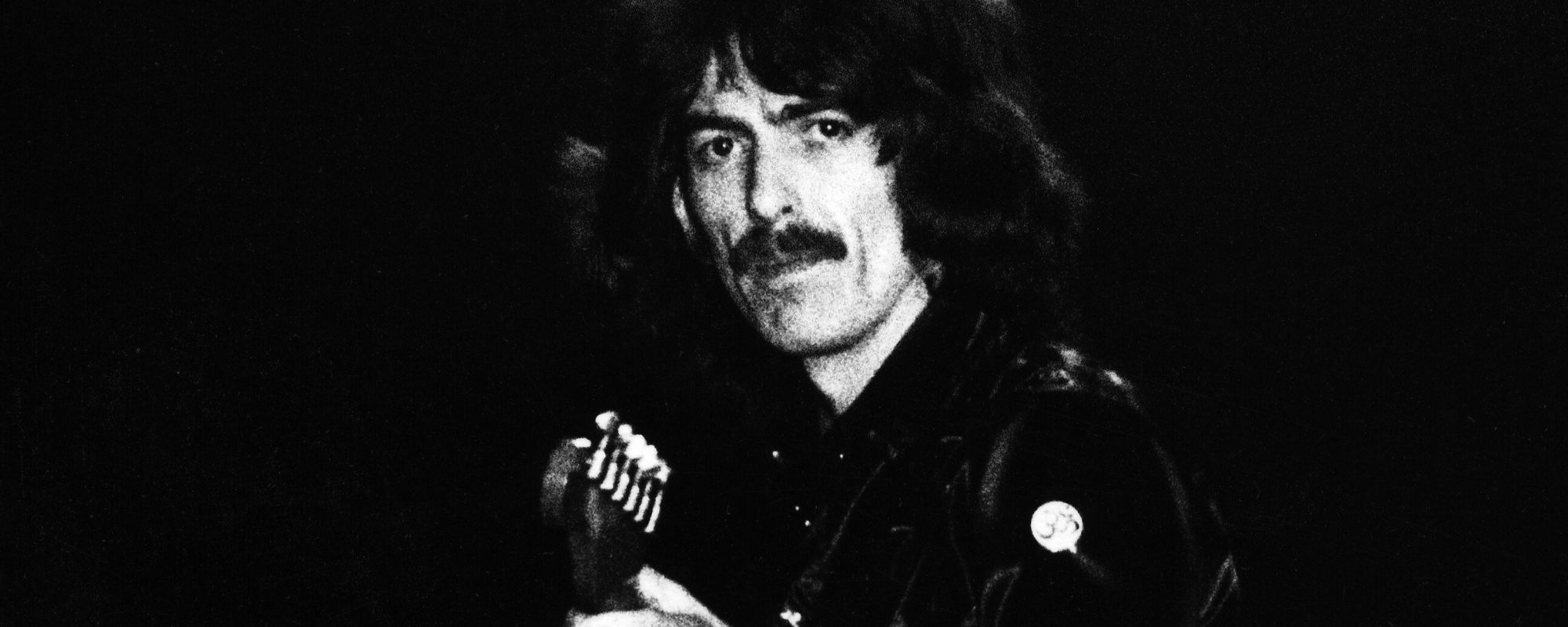Fading youth has inspired many great records. Occasionally, a band writes its best work while thinking about age and relevance. “Prayers For Rain” appears on The Cure’s 1989 masterpiece Disintegration, an album composed and constrained by suffocating depression.
Videos by American Songwriter
There’s a line in “Prayers For Rain” where Robert Smith sings about killing time, and the metaphor of nourishing rain finds him begging for a kind of rebirth. But the general sense of desolation accompanied a new chapter in Smith’s life: he was turning 30.
On Bob Dylan’s Time Out Of Mind, he confronted mortality. It rejuvenated his career after a decade lost in the creative wilderness. But Dylan was middle-aged then. Smith was still relatively young when he wrote Disintegration. Yet “Prayers For Rain” describes the fear of squandering time in the deep abyss of misery.
About “Prayers For Rain”
Smith called “Prayers For Rain” a “bleak and disturbing” song. Whatever concerns led to it, feelings of running out of time were probably at the forefront of Smith’s mind. With age 30 looming, Smith’s anxiety became unbearable. At the time, he said, “This is it. This is my last chance to create something really meaningful in my life.”
“You shatter me, your grip on me
A hold on me so dull it kills
You stifle me
Infectious sense of hopelessness and prayers for rain.”
The Cure’s previous album, Kiss Me, Kiss Me, Kiss Me, sounds light and free. But singular darkness and claustrophobia define Disintegration. Smith was dabbling with LSD at the time, as he searched for his limits—how far could he go? If there was a bottom to his sadness, he was determined to find it.
“You fracture me, your hands on me
A touch so plain, so stale, it kills
You strangle me, entangle me
In hopelessness and prayers for rain.”
Staying Quiet
During the sessions for Disintegration, Smith said he tried communicating with his bandmates without speaking. “It became one of those things that’s sort of funny,” he said, “I used to pass Roger [O’Donnell] notes when he was playing keyboards, telling him what he was doing right or wrong because I didn’t want to speak.”
Using non-verbal communication was another method of creating an atmosphere, the sense of melancholy that hung over the sessions. “Prayers For Rain”, like most of the album, contains long instrumental breaks between lyrics, mirroring Smith’s silent messaging.
A Sad Epic
“Prayers For Rain” could be the deep well of Smith’s sadness. Though it’s marked by hopelessness, the track feels warm and inviting. A shared lament between Smith and his audience. But it’s hard to escape the impression of ominous weather closing in.
Still, “The Same Deep Water As You” follows “Prayers For Rain” on the album. It begins with a sample of a rainstorm. An answer to Smith’s desperate pleas. But his struggles didn’t end. Next, he had to confront the emotional flood.
Photo by Jim Dyson/Getty Images













Leave a Reply
Only members can comment. Become a member. Already a member? Log in.